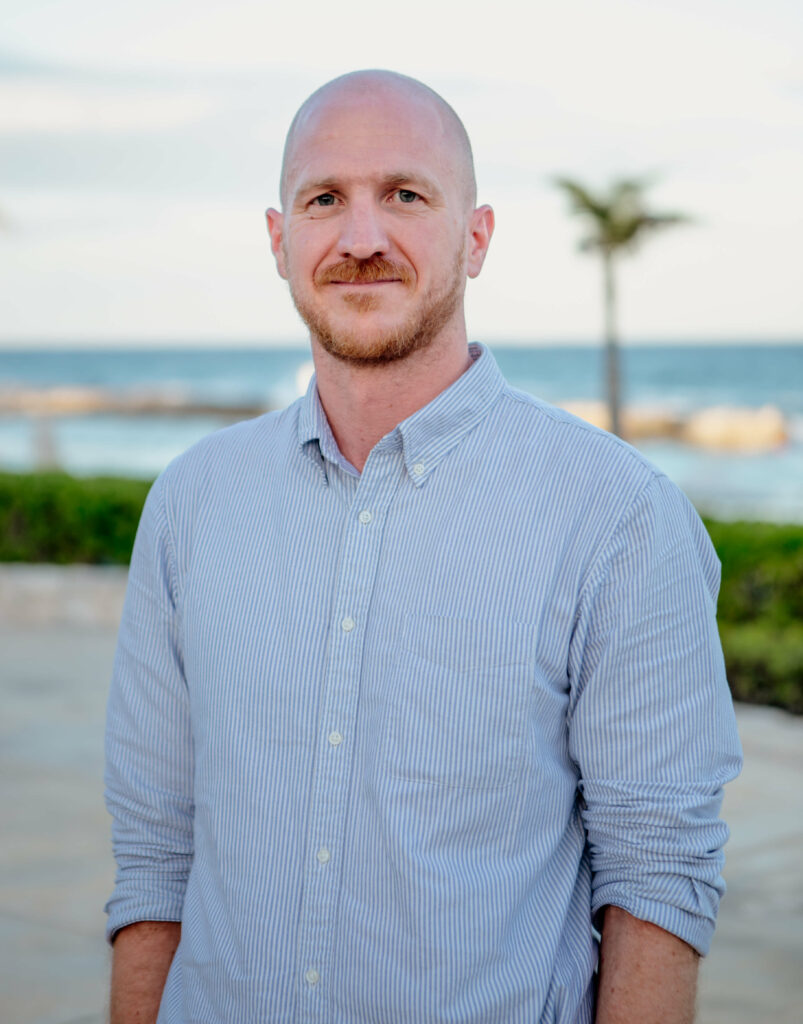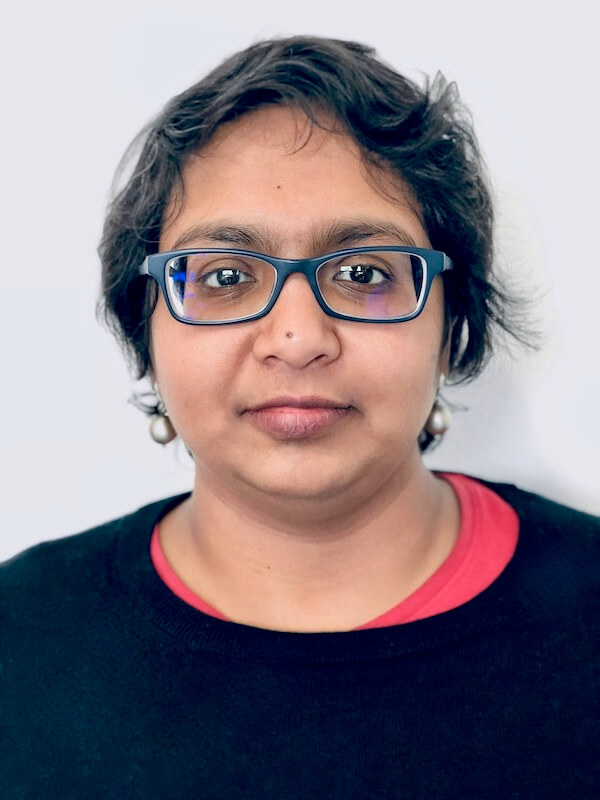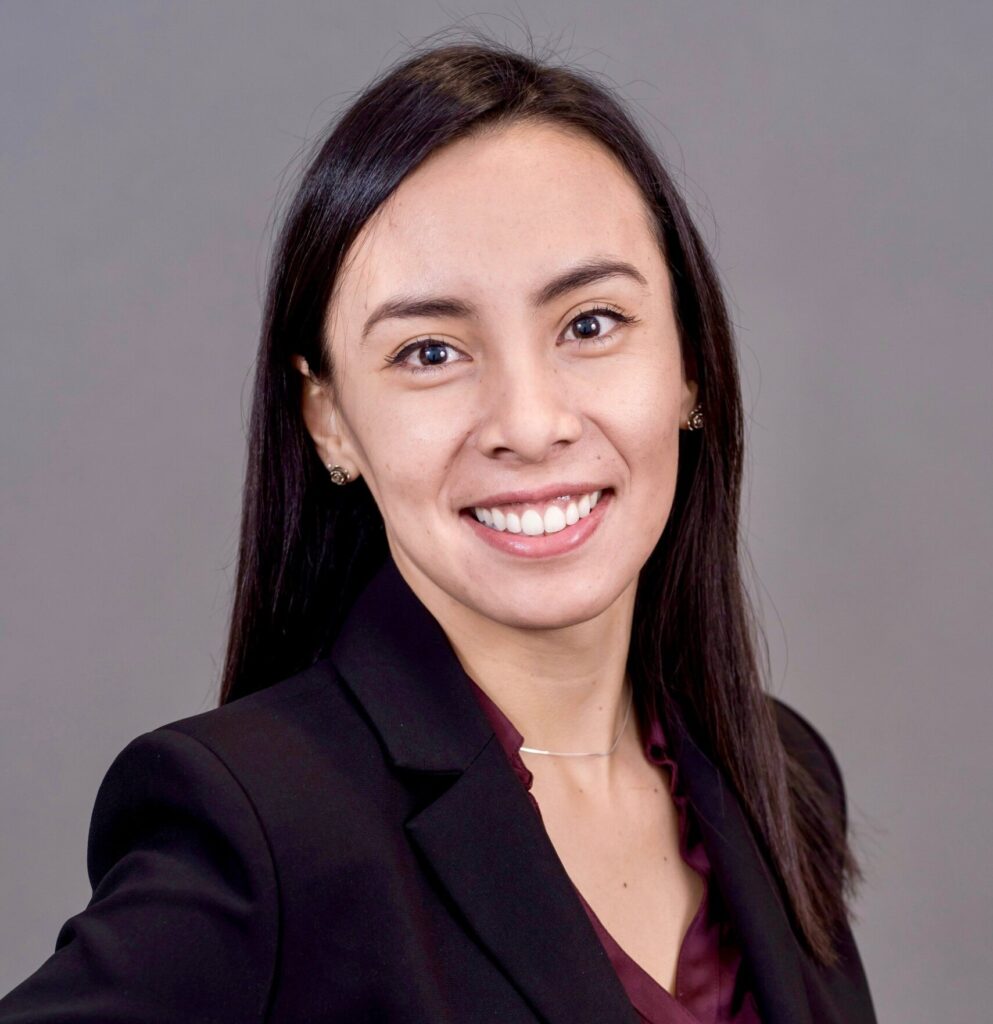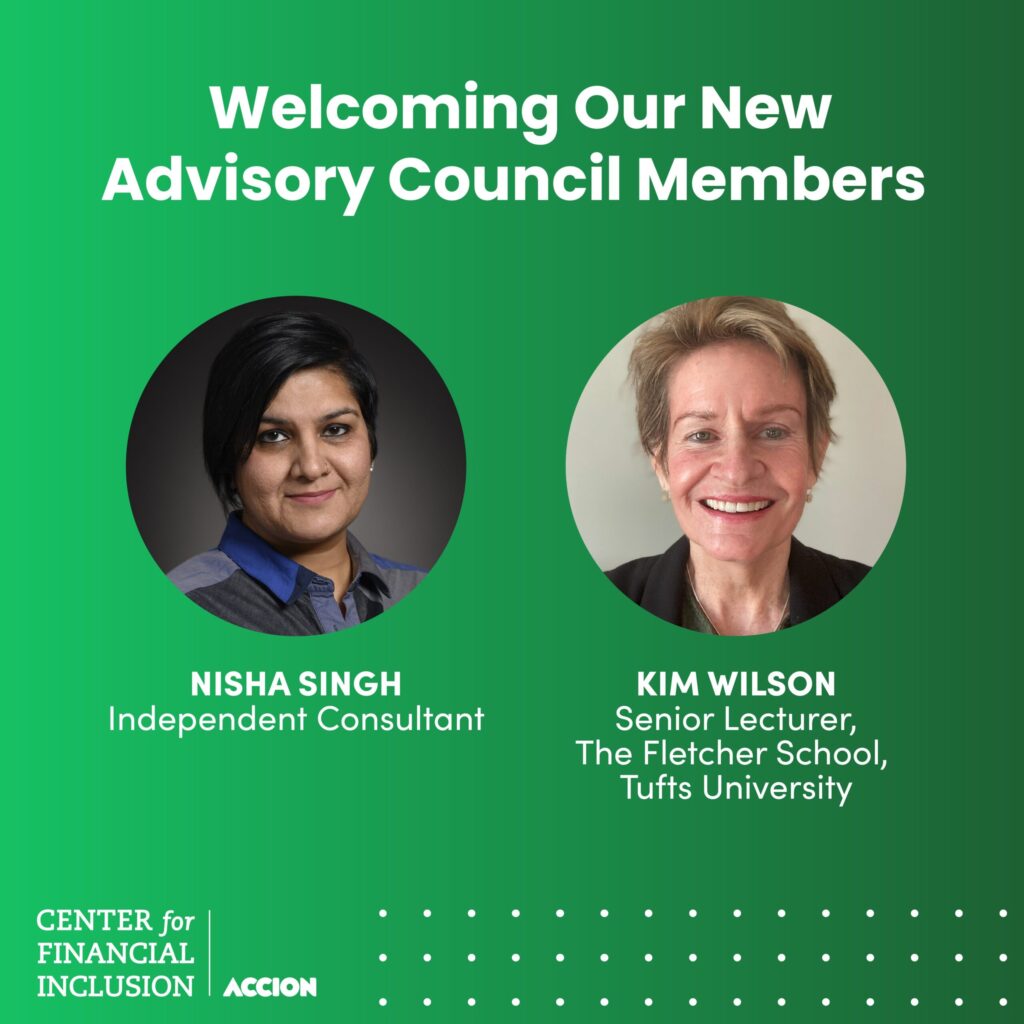
As climate change-induced events increase in frequency, unpredictability, and severity, the people most impacted by such events are those least responsible for historic carbon emissions. The poorest 50 percent of the world’s population produces half the emissions of the richest 1 percent. Inclusive financial services can have a significant impact on how vulnerable populations respond to climate risks and challenges, but the inclusive finance community lacks an overarching framework for understanding and explaining the critical ways in which financial services can support improved outcomes for low-income and vulnerable people in the context of climate threats.
The Center for Financial Inclusion (CFI), in consultation with industry stakeholders, has created a holistic framework to help fill that gap. This report considers evidence on how inclusive financial services can help vulnerable populations respond to climate change and uses the framework to understand the various impact pathways through which financial services can help: mitigation, resilience, adaptation, and transition.












